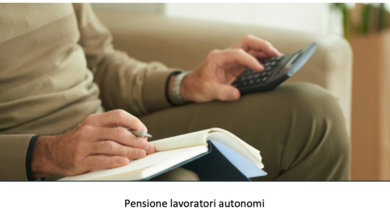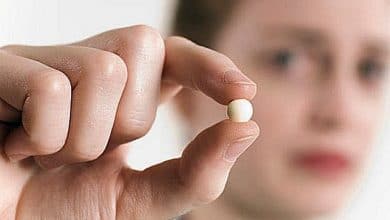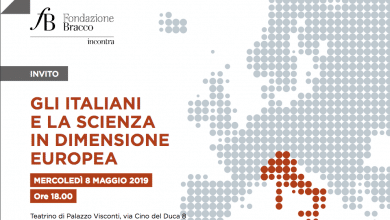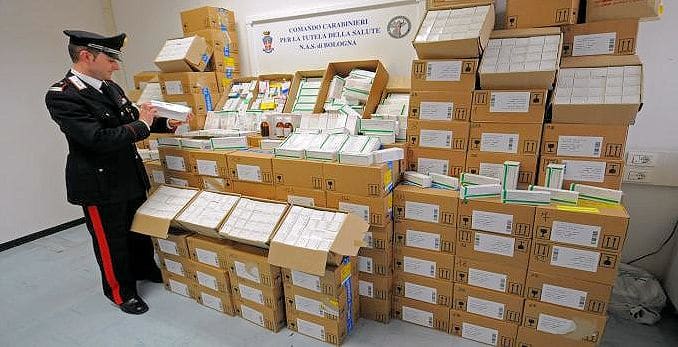
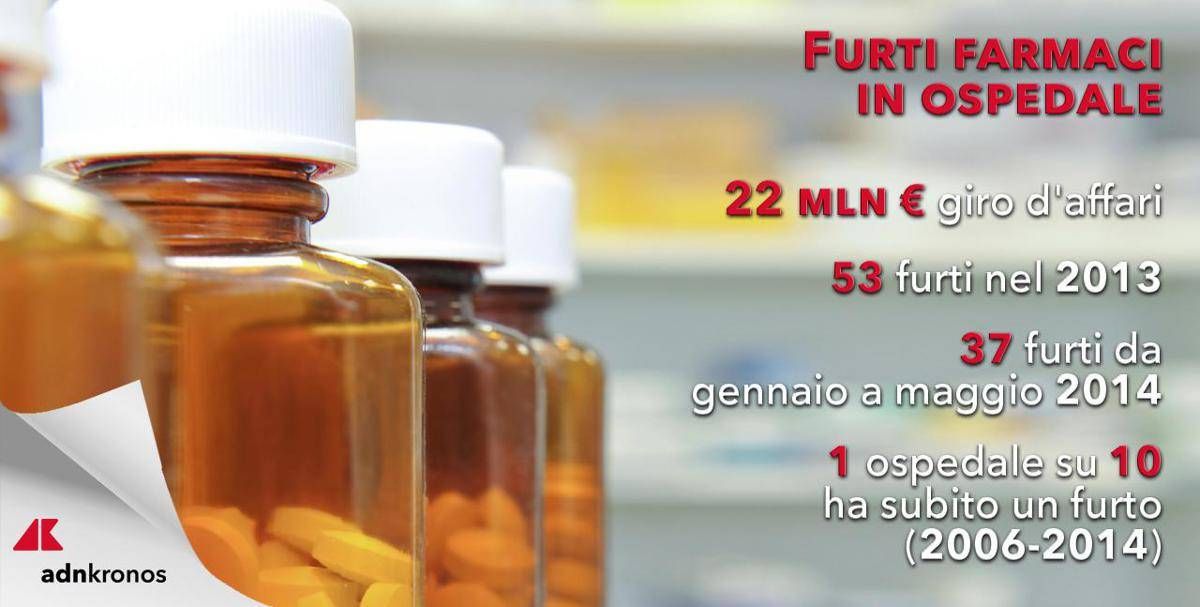
They have become many, they have become too many. THE theft of medicines from hospitals they are the story we tell you today. A story of the Camorra, of corrupt personnel, of people coming from the East and of clinics that unknowingly buy back medicines stolen from another clinic…
A search for Transcrime, the Research Center on transnational crime of the Cattolica of Milan and of the University of Trento, focused on the situation between 2006 and May 2014. 110 cases of thefts in Italian hospitals, in all, but what a progression ! 22 from 2006 to 2012, then 51 only in 2013, 37 only in the last 5 months considered by the research. A phenomenon that is growing and that until 2011 practically did not exist. Let's not talk about junk: but about damage to the state coffers of 22 million euros, a figure vastly underestimated, both because petty thefts, those from a box or two, are not known, and because of the propensity of the medical environment to manage them internally, to avoid damage to the image.
 Thus, the theft of medicines is on the increase, as the population ages and pharmaceutical expenditure increases. Besides, those tins are easy to carry. On the other hand, arrests are few and there is less risk than with drug trafficking. There drug traceabilityfinally, although introduced by law, it is unable to stem the phenomenon.
Thus, the theft of medicines is on the increase, as the population ages and pharmaceutical expenditure increases. Besides, those tins are easy to carry. On the other hand, arrests are few and there is less risk than with drug trafficking. There drug traceabilityfinally, although introduced by law, it is unable to stem the phenomenon.
Oncological drugs (32 thefts), immunosuppressants (13), antirheumatics (12): these are the most stolen. But also viagra and slimming, all stuff that has a good market. They are the ones that cost the most and make the most profits. These are "class h" drugs, which can only be used in hospitals (and therefore are not sold in pharmacies) and are fully paid for by the national health service. Therefore, it means that the medicines “class H” can be resold, by dishonest suppliers, only to hospitals or clinics, in Italy or abroad, who do not know (or know) what they are buying. However, they are also resold in new markets, i.e. on the web, also because in this class there are drugs that can be used in the doping. And they are resold alongside counterfeit medicines, which is yet another problem. In 44% cases they occur in winter, probably because it is one thing to carry around medicines in the cold and another thing to melt the stolen goods in the heat. There are no official data in Italy: a sign that the problem is totally underestimated (even if Transcrime's is the first research of its kind in Europe). A 22 million euro problem, though.
 And where do these thefts happen? Campania and Puglia they alone account for 45% of the total, so we immediately think of organized crime: Camorra and people who come from the East. Molise follows. The Frederick II of Naples (pictured) is the hospital with the highest number of thefts: 5 between 2006 and 2012, a record. Even at Cardarelli in Campobasso they are not joking, three cases. A record also that of San Paolo di Bari, where there was a mega theft of 1 million euros, a huge thing. It 'obvious that the security measures should not be much. However, larger hospitals are more affected, with higher staff turnover. And herein lies a sore point, because if 28 % of thefts involve false personnel, the rest implies a basista. Corrupt staff, which opens its doors to thieves in exchange for an envelope full of crisp, crispy one hundred euro bills.
And where do these thefts happen? Campania and Puglia they alone account for 45% of the total, so we immediately think of organized crime: Camorra and people who come from the East. Molise follows. The Frederick II of Naples (pictured) is the hospital with the highest number of thefts: 5 between 2006 and 2012, a record. Even at Cardarelli in Campobasso they are not joking, three cases. A record also that of San Paolo di Bari, where there was a mega theft of 1 million euros, a huge thing. It 'obvious that the security measures should not be much. However, larger hospitals are more affected, with higher staff turnover. And herein lies a sore point, because if 28 % of thefts involve false personnel, the rest implies a basista. Corrupt staff, which opens its doors to thieves in exchange for an envelope full of crisp, crispy one hundred euro bills.
An investigation by the Carabinieri into the thefts of Herceptin (an anti-cancer) led to the discovery that the stolen batches had been resold to pharmacies and suppliers in Great Britain, Germany, Spain, Portugal, Holland, Finland, Italy, after being cleaned up in Lithuania, Slovakia, Hungary,  Italy, Slovenia and Romania. That is, transformed into drugs that have just left the factory, never placed on the market. It's a round of international crime, which operates on a European scale. On the other hand, in some countries patients want to buy medicines that are not reimbursed by the NHS at a low price. While, in other countries, the same medicines are resold at a higher price, it depends. If Europe doesn't wake up, these affairs will continue for a long time.
Italy, Slovenia and Romania. That is, transformed into drugs that have just left the factory, never placed on the market. It's a round of international crime, which operates on a European scale. On the other hand, in some countries patients want to buy medicines that are not reimbursed by the NHS at a low price. While, in other countries, the same medicines are resold at a higher price, it depends. If Europe doesn't wake up, these affairs will continue for a long time.
Of Fabio Sanvitale - September 23, 2015 - CN Black Chronicle
Related news: Transcrime reports


